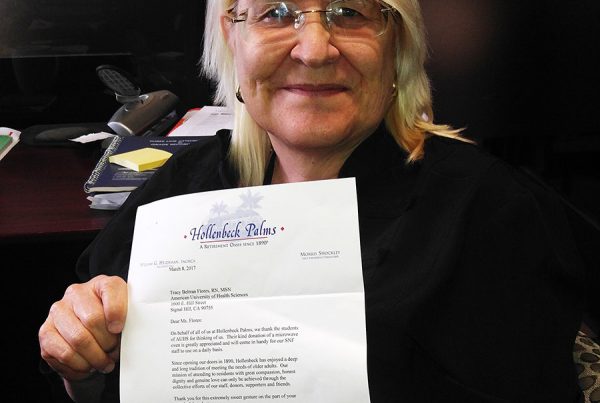Healing and Resilience in the Kingdom of God
By Brent Davis
Our headlines are filled with stories of trauma and suffering, and we often experience these in our own lives or the lives of loved ones as well. Students have shared with me stories ranging from minor bouts of COVID to family members committing suicide. In my own family, I have had loved ones attempt suicide and nearly lost one in-law to COVID. How can we find healing and build resilience in ourselves and our loved ones to either prevent, mitigate, or be restored to health? By God’s grace we can find answers to this question, but sometimes the answer is wait. The best answer, as a recent article by Russell Moore reminded is—grace.i
Whenever we address the questions of trauma and suffering, we inevitably face the question of why a good and omnipotent God allows these things to happen. Many theologians have addressed these issues and I can only summarize the most obvious points and direct you to further reading in the notes below.ii First, we must recognize that we live in a fallen world, not the Garden of Eden nor the New Creation where there will be not pain or death. We live in a fallen world because of the sin of Adam and Eve (Genesis 3). In a fallen world, Job loses his family and possessions; a missionary gets gang raped; a pastor and his wife are killed in an earthquake, leaving their daughter an orphan; and my family experienced a home invasion.
In fact, together with Christ we are heirs of God’s glory. But if we are to share his glory, we must also share his suffering.
18 Yet what we suffer now is nothing compared to the glory he will reveal to us later. 19 For all creation is waiting eagerly for that future day when God will reveal who his children really are. 20 Against its will, all creation was subjected to God’s curse. But with eager hope, 21 the creation looks forward to the day when it will join God’s children in glorious freedom from death and decay. 22 For we know that all creation has been groaning as in the pains of childbirth right up to the present time. 23 And we believers also groan, even though we have the Holy Spirit within us as a foretaste of future glory, for we long for our bodies to be released from sin and suffering. We, too, wait with eager hope for the day when God will give us our full rights as his adopted children,[j] including the new bodies he has promised us. (Romans 8: 17b-23)
And:
So to keep me from becoming proud, I was given a thorn in my flesh, a messenger from Satan to torment me and keep me from becoming proud.
8 Three different times I begged the Lord to take it away. 9 Each time he said, “My grace is all you need. My power works best in weakness.” So now I am glad to boast about my weaknesses, so that the power of Christ can work through me. 10 That’s why I take pleasure in my weaknesses, and in the insults, hardships, persecutions, and troubles that I suffer for Christ. For when I am weak, then I am strong. (2 Corinthians 12: 7b-10)
So, we wait and let God’s power work in us. How does God’s grace bring healing and resilience? Healing comes through prayer and the intervention of people who are gifted by God in healing (Acts 9: 7-17).iii Resilience comes through grace and preparation (Ephesians 6: 10-18).iv
In this passage from Ephesians, the preparation which allows us to stand firm against the attacks of evil (resilience factors) are truth, righteousness (moral virtue)v, a readiness to share God’s good news, which brings peace and wellbeing, and trust in God. These are the things that give us resilience. Pray for healing for yourself and for others, put on God’s armor to build resilience to attack.
[i] Moore, R. (2023, Feb. 23) Moore to the point. https://christianitytoday.activehosted.com/index.php?action=social&chash=74627b65e6e6a4c21e06809b8e02114a.12341&s=75ca9775b159b589fe090c597a5447d4
[ii] Langberg, D. (2015). Suffering and the heart of God: How trauma destroys and Christ restores. New Growth Press.
Lewis, C. S. (1940). The problem of pain. The Centenary Press.
[iii] https://www.transformationprayer.org/new-here-click-here-for-study-path/
[iv] https://biblicalspirituality.org/product/spiritual-disciplines-for-the-christian-life/
[v] ‘ethical quality’: Merkle, B. (2016). Ephesians: Exegetical guide to the Greek New Testament. B & H Academic.









